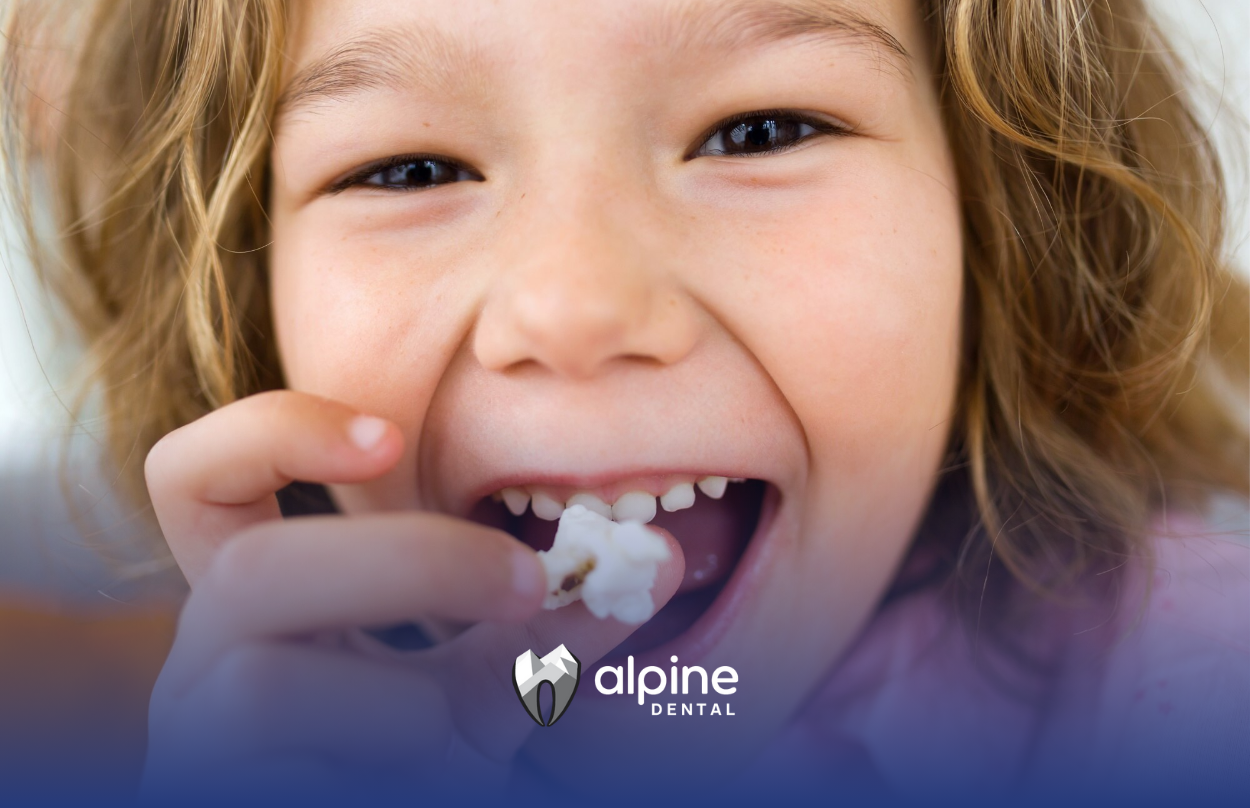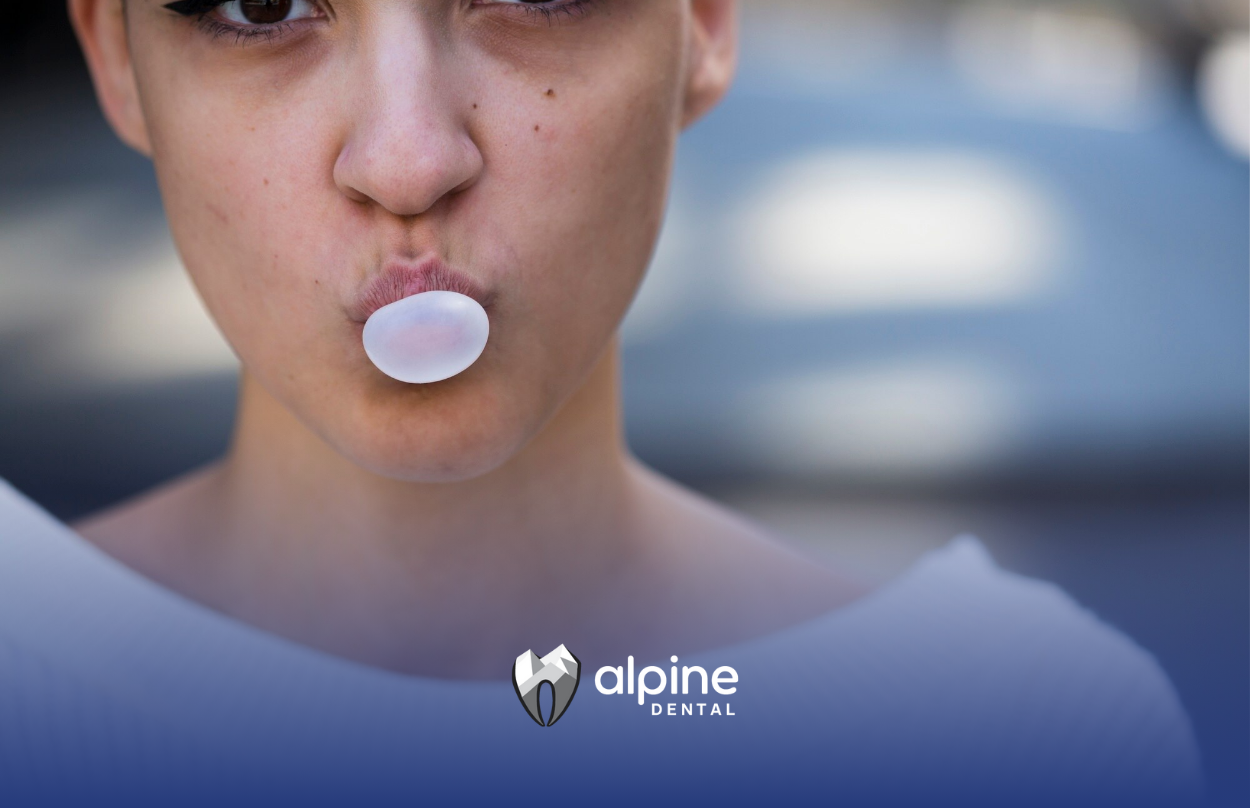Can Your Diet Hurt Your Teeth? Know What to Avoid
When it comes to maintaining a healthy smile, brushing and flossing get most of the attention. But there’s another crucial factor that’s often overlooked: your diet. The foods and drinks you consume can have a major impact on your oral health—either supporting strong teeth and gums or contributing to decay, erosion, and gum disease.
So, can your diet hurt your teeth? Absolutely. In fact, dietary choices play a direct role in the development of cavities, enamel wear, and other dental problems. In this post, we’ll explore which foods and drinks are harmful, what nutrients your teeth need, and how you can adjust your diet to protect your smile for years to come.
How Diet Affects Your Teeth
Your mouth is the first stop in the digestive system, and everything you eat or drink affects it first. When harmful foods linger in the mouth—especially those high in sugar or acid—they interact with oral bacteria to form plaque and produce acids that attack tooth enamel. Over time, this can lead to:
- Tooth decay (cavities)
- Enamel erosion
- Gum inflammation (gingivitis)
- Bad breath (halitosis)
- Tooth sensitivity
- Discoloration
The more often your teeth are exposed to damaging substances, the higher your risk for oral health issues.
Foods and Drinks That Can Hurt Your Teeth
Let’s take a closer look at the dietary culprits that can do the most harm to your smile.
1. Sugary Foods and Beverages
Sugar is one of the leading causes of tooth decay. When you consume sugary items, the bacteria in your mouth feed on the sugars and release acids that erode your enamel.
Common offenders include:
- Soda (regular and diet)
- Candy, especially sticky or hard types
- Sweet baked goods (cakes, cookies, pastries)
- Fruit juices and sports drinks
- Ice cream and other sugary desserts
Tip: If you indulge, rinse your mouth with water and brush 30 minutes later.
2. Acidic Foods and Drinks
Acidic items can weaken enamel, making your teeth more prone to decay and sensitivity.
Examples include:
- Citrus fruits (lemons, limes, oranges)
- Vinegar-based foods (pickles, salad dressings)
- Tomato-based sauces
- Carbonated drinks
- Wine (especially white wine)
Tip: Use a straw when drinking acidic beverages and drink water after to neutralize acids.
3. Starchy Foods
Starches break down into sugars and tend to stick to teeth, feeding bacteria and forming plaque.
Foods to watch out for:
- White bread
- Potato chips
- Crackers
- Pasta (especially without sauce to help wash it down)
Tip: Choose whole grains over refined carbs—they're less sticky and better for your overall health.
4. Alcohol
Alcohol can dry out your mouth by reducing saliva production, and saliva is essential for washing away food particles and neutralizing acid.
Additional concerns:
- Wine stains teeth
- Mixed drinks often contain added sugars
- Long-term use may contribute to gum disease
Tip: Drink water alongside alcoholic beverages to stay hydrated and rinse your mouth.
5. Sticky or Chewy Snacks
These foods cling to teeth and are harder to remove with brushing, increasing the time sugar stays in contact with enamel.
Examples:
- Gummy candies
- Dried fruits
- Caramel or toffee
Tip: If you eat them, brush and floss soon after.
6. Hard Foods
Chewing hard foods can lead to chipped or cracked teeth, especially if enamel is already weakened.
Caution with:
- Ice
- Hard candy
- Popcorn kernels
- Nuts (especially if chewed improperly)
Tip: Let hard items dissolve in your mouth instead of biting them.
Nutrients That Support Strong Teeth
A tooth-friendly diet isn’t just about avoiding harmful foods—it’s also about fueling your body with the right nutrients to maintain strong, healthy teeth and gums.
1. Calcium
Calcium is essential for strong teeth and bones. It helps harden enamel and supports jaw health.
Found in:
- Milk, cheese, yogurt
- Leafy greens (kale, spinach)
- Almonds
- Fortified plant-based milks
2. Phosphorus
Works with calcium to strengthen teeth and protect enamel.
Found in:
- Meat, fish, poultry
- Eggs
- Dairy
- Nuts and legumes
3. Vitamin D
Helps your body absorb calcium and promotes mineralization of teeth and bones.
Found in:
- Sunlight exposure
- Fatty fish (salmon, mackerel)
- Fortified foods (milk, cereals)
4. Vitamin C
Vitamin C is important for gum health and preventing gum inflammation and bleeding.
Found in:
- Citrus fruits
- Strawberries
- Bell peppers
- Broccoli
5. Fluoride
Though not a nutrient from food, fluoride helps rebuild enamel and prevent decay. It’s found in:
- Tap water (in fluoridated communities)
- Fluoride toothpaste
- Some teas
How Meal Timing and Frequency Affect Your Teeth
It's not just what you eat, but how often you eat that matters. Frequent snacking or sipping sugary drinks gives bacteria more time to produce acid, increasing your risk of decay.
Tips to reduce risk:
- Limit snacking between meals
- Drink water instead of sugary beverages
- Rinse or brush after meals and snacks
Spacing out meals and snacks gives your saliva time to neutralize acid and repair early enamel damage.
Healthy Diet Tips for Stronger Teeth
To support good oral health through your diet:
- Drink plenty of water—especially fluoridated tap water
- Choose whole, unprocessed foods
- Eat crunchy fruits and veggies (apples, celery, carrots) that naturally clean teeth
- Limit added sugars—read nutrition labels to spot hidden sugars
- End meals with tooth-friendly foods like cheese or raw veggies to help clean teeth
- Chew sugar-free gum after meals to stimulate saliva production
Signs Your Diet May Be Harming Your Teeth
Watch for these signs that your eating habits could be affecting your dental health:
- Increased tooth sensitivity
- Frequent cavities
- Staining or yellowing of enamel
- Bad breath that doesn’t go away
- Inflamed or bleeding gums
- Dry mouth
If you notice any of these symptoms, it may be time to re-evaluate your dietary habits and consult your dentist.
Special Considerations for Children and Teens
Children’s teeth are more susceptible to cavities, and many snacks marketed to kids are loaded with sugar or starch.
Tips for parents:
- Limit juice and sugary drinks
- Encourage water and milk
- Offer cheese or yogurt as snacks
- Avoid sticky candies and frequent grazing
Healthy dietary habits should be established early to protect growing smiles.
Final Thoughts
So, can your diet hurt your teeth? The answer is a clear yes. A poor diet high in sugar, acid, and processed foods can weaken enamel, cause cavities, and harm your gums. On the other hand, a balanced diet rich in vitamins and minerals can help keep your teeth strong and resilient.
The good news is that small changes in what—and how—you eat can lead to big improvements in your oral health. If you're concerned about how your diet may be affecting your teeth, it's always a good idea to consult a dental professional.
At Alpine Dental, we’re here to help you maintain a healthy smile from the inside out. Whether you need guidance on tooth-friendly foods or treatment for diet-related issues, our team is ready to support your dental wellness journey.
Frequently Asked Questions
Is it bad to snack frequently even on healthy foods?
Yes, frequent snacking—even on healthy foods—can increase the risk of tooth decay because it limits the time your mouth has to neutralize acids and wash away particles. Try to limit snacking and rinse your mouth with water after eating.
Are sugar-free drinks safe for your teeth?
Not always. Sugar-free sodas and energy drinks often contain acids that can erode enamel. Water is the best choice for hydration and oral health.
How can I reverse diet-related tooth damage?
While enamel loss is permanent, you can slow or prevent further damage by adjusting your diet, using fluoride toothpaste, and seeing your dentist regularly for preventive care.
Sources:
- https://www.healthline.com/nutrition/how-sugar-destroys-teeth
- https://www.colgate.com/en-us/oral-health/nutrition-and-oral-health/acidic-fruits-and-teeth-effects
- https://pmc.ncbi.nlm.nih.gov/articles/PMC5501731/
- https://deltadentalnc.com/ddnc-blog/the-essential-mineral-for-a-healthy-smile-1
- https://pmc.ncbi.nlm.nih.gov/articles/PMC8784414/




